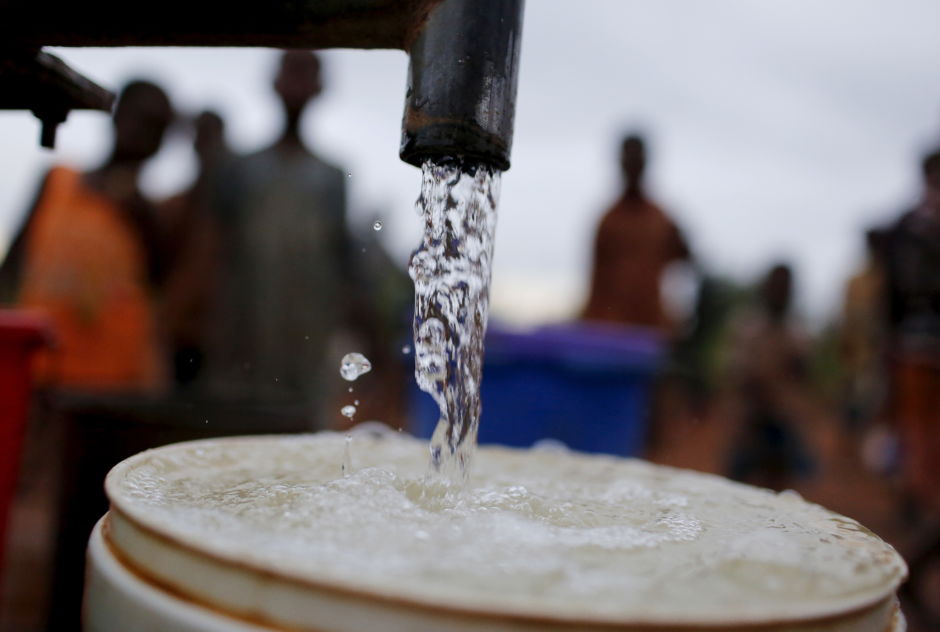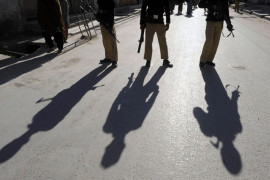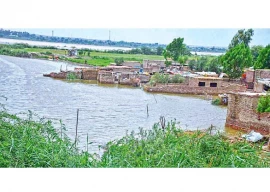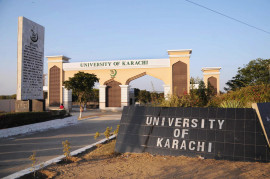
The looming water shortage has become a big threat to energy and water security in Pakistan where the water economy is in acute danger of running dry. According to water experts, Pakistan may run dry by 2025 if governments fail to act in the next five years.
In the last general elections, major political parties in their manifestos had promised to implement the water policy, but nothing much could be done. The provincial governments even failed to comply with the Supreme Court’s order to work on the policy.
“Leaving no one behind” is the theme of the World Water Day. The experts are of the opinion that the implementation of the water policy will bring a drastic change in the country.
The main objective of the policy is to lay down the framework and set the principles on the basis of which provincial governments can formulate their plans for water conversation, development, and management.
The per capita availability of water, which was over 5,200 cubic metres at the time of independence, has now depleted below 1,000 cubic metres per head, making Pakistan a water scarce country.
Nadeem Ahmed, who is an expert working for WaterAid Pakistan, said, “If we are not awakened now, the situation will spiral out of control.”
Referring to the thematic slogan, he said, “Whoever you are, wherever you are, water is your human right. We have to think on this line.”
According to the objectives of the National Water Policy, the governments have to promote sustainable consumption and production patterns throughout the water sector - from exploitation to utilisation. They should improve the availability, reliability, and quality of freshwater resources to meet critical municipal, agriculture, energy, security and environmental needs.
Another objective is that the governments should improve urban water management by increasing system efficiency and reducing non-revenue water through adequate investment to address drinking water demand, sewage disposal and handling of waste water and industrial effluents.
The document adds that the government has to reduce wastage of water by raising public awareness through media campaigns and by incorporating water conservation lessons in the syllabus at the primary, secondary and tertiary education levels.
The policy stresses the need for treatment and possible reuse of domestic, agricultural and industrial waste water, and improvement of watershed management through extensive soil conservation, catchment area treatment, preservation of forests and increasing forest cover.
According to official data, 16 million people in Pakistan do not have access to clean water and 21 million lack access to clean water near their homes. Apart from this, 24 per cent of the government schools does not have drinking water facility.
Zulfikar Halepoto, a water expert, says that zero per cent work has been done on the policy.
“The policy talks about water governance, but the incumbent government has created a controversy by dragging in a dam, which can only store a meager amount of water and that too at a huge cost,” he said, adding that more than 50 per cent of canal water diverted form the Indus system does not reach the farm level.
He further said, “There is a need to implement the policy by lining the watercourses, which can reduce seepage and properly transport the water for an actual purpose.”




1731325890-0/trump-(24)1731325890-0-165x106.webp)












COMMENTS
Comments are moderated and generally will be posted if they are on-topic and not abusive.
For more information, please see our Comments FAQ